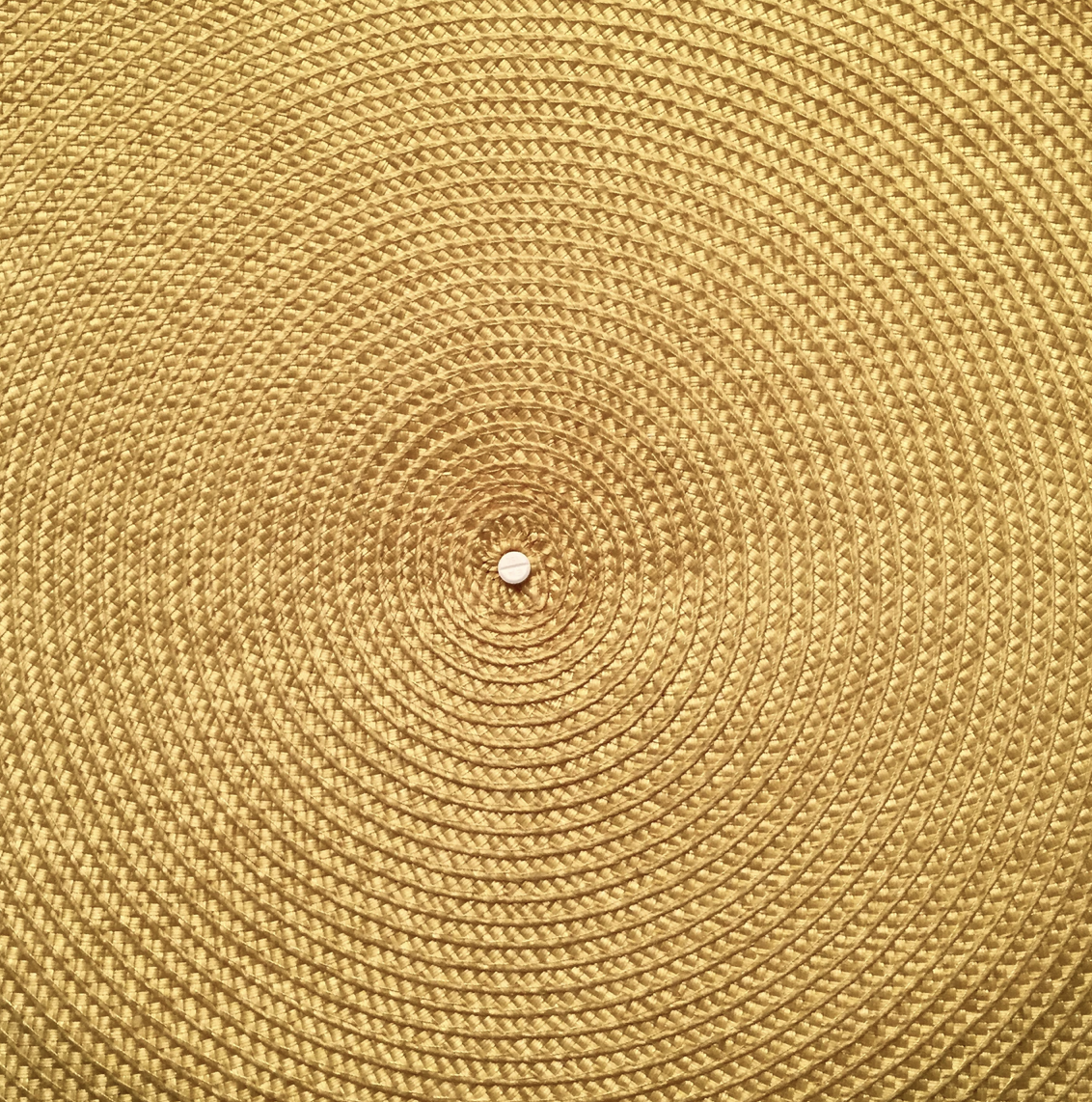Hallucinogens 101: MDMA
*Reposted from 2021 in light of recent studies and potential FDA approval in the coming year.
by MADELINE FERGUSON
MDMA Fast Facts
DEA Classification: Schedule 1
Other Names: Molly, Ecstasy, E
Synthetic/manufactured
Often comes in powder or pill form
MDMA ( 3,4-methylenedioxymethamphetamine) is considered a stimulant with mild hallucinogenic effects. It is a manufactured drug that is said to have been first produced in Germany in 1912.
It has been rumored that MDMA was first produced as an appetite stimulant, but that is not true; it was created as a parent compound for medications intended to control bleeding, according to drugdatabase.gov.
MDMA is said to cause mild hallucinogenic effects and more intense stimulant effects. It is widely used in the rave scene, giving people the energy to dance all night. It is often referred to as the love drug; people report feeling expressive and open to others and new experiences. It also heightens senses making physical sensations magnified.
Currently, MDMA is a schedule 1 substance, meaning that by the United States Government standards, there is no accepted medical use, and the drug has a high potential for abuse. But, many therapists and limited research suggest MDMA is promising in a therapeutic setting to treat PTSD and even has benefits in couples counseling (it is called the love drug, after all).
A study from the National Institute of Health discusses the potential of using MDMA to treat mental health and relational problems.
“MDMA‐assisted psychotherapy could be useful in the treatment of disorders associated with attachment insecurities, including PTSD, depression, anxiety disorders, obsessive‐compulsive disorder, suicidality, substance use disorders, and eating disorders,” reads the study.
In the 70s and 80s, some psychologists noticed that MDMA helped patients communicate more openly and achieve insights; soon after, in 1985, it was classified as schedule 1.
MDMA is known to create empathy and connectedness for those around you, which could be why it is so promising for PTSD; in some cases, people talk about the treatment allowing them to feel empathy for their past, traumatized self.
Read more about MDMA in relationship therapy here.
The future of therapeutic use of MDMA is promising, with clinical trials happening right now. Stay tuned.


